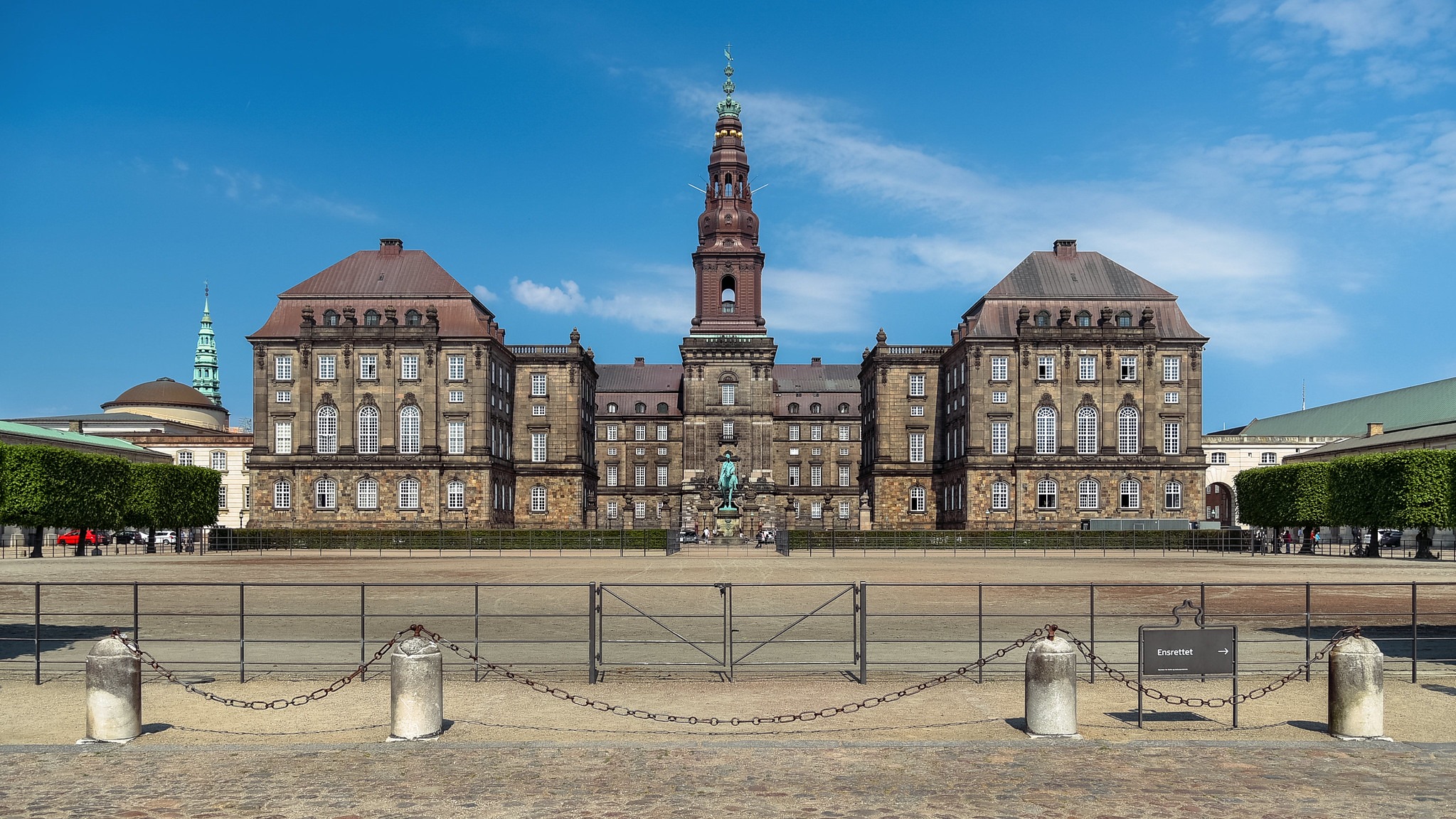Trucks are gathering on roads outside Christiansborg, the island that houses the Danish Parliament in central Copenhagen.
Following a disruptive day on Danish roads yesterday, where key routes were blocked across the country and the police issued up to 50 fines and a further 100 injunctions, many truck drivers are this morning congregating in the capital to appeal directly to the lawmakers.
From 2025, the drivers of petrol and diesel-fuelled HGVs will be taxed 1.3 kroner for every kilometre they drive – an increase in costs the truck drivers argue will make their livelihoods unsustainable.
However, proponents of the new law – the government with support from SF, Enhedslisten, Radikale Venstre and Alternativet – argue the law is vital as the continued use of petrol and diesel-fuelled HGVs is environmentally unsustainable.
Blockades, convoys and protests
A TV2 report at 08:00 today claimed that upwards of ten trucks have been parked outside Parliament’s main entrance, but that it is still possible to use the road. The trucks’ drivers have left their vehicles to gather in the square to make a vocal protest.
Elsewhere in Denmark, there is still a heavy truck presence on certain motorways where drivers are forming convoys to deliberately slow down traffic.
Otherwise, a few blockades have been formed – for example, on Folehaven, the main road that passes just north of Valbyparken on its approach to Copenhagen – but most have been quickly dispersed by traffic police.
More are expected over the course of the day, but the main focus of the truck drivers’ activities would appear to be the Danish Parliament – an area best avoided if you are driving in the capital today.














